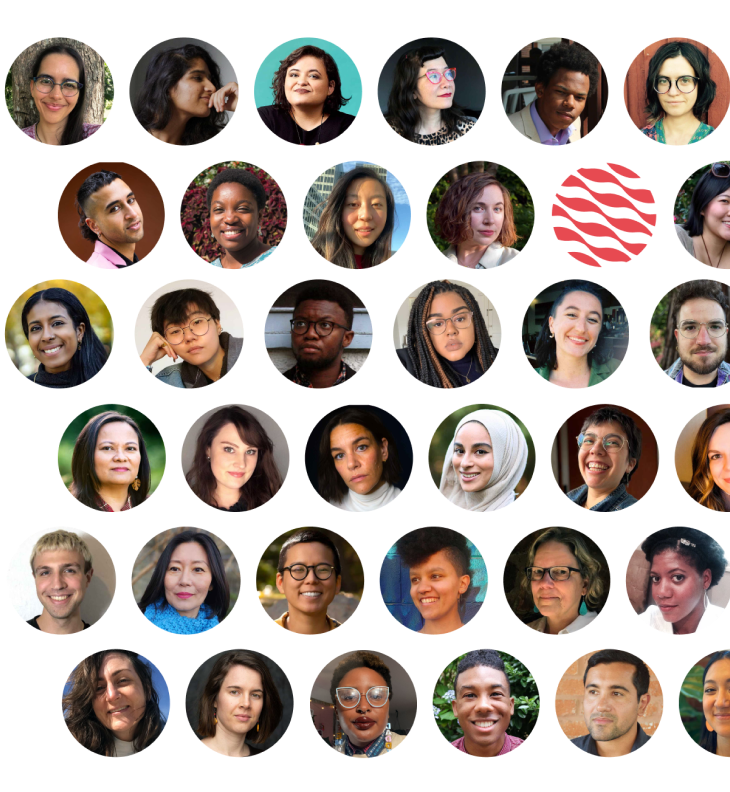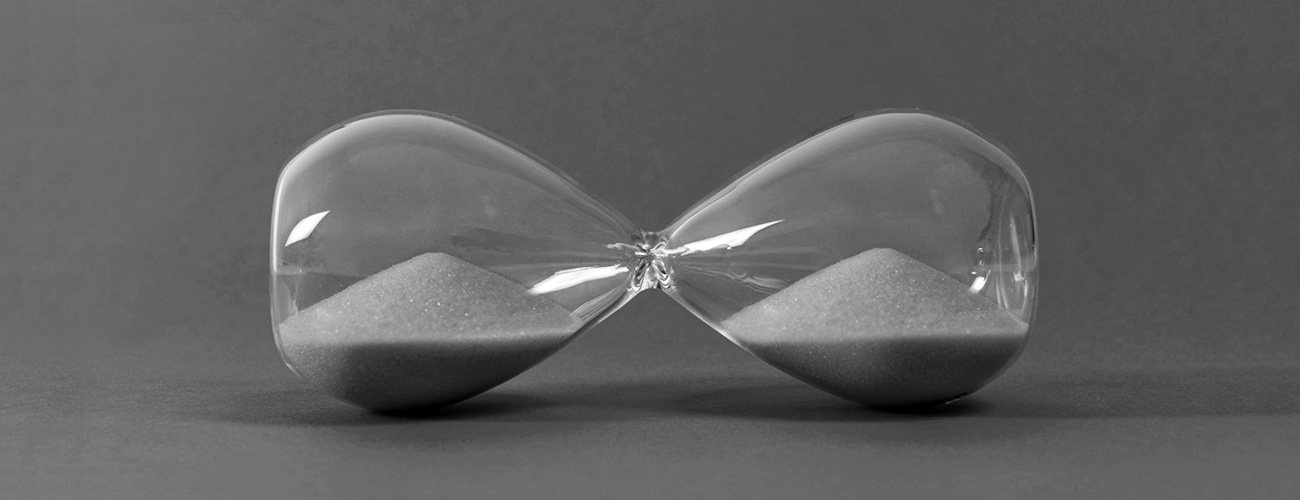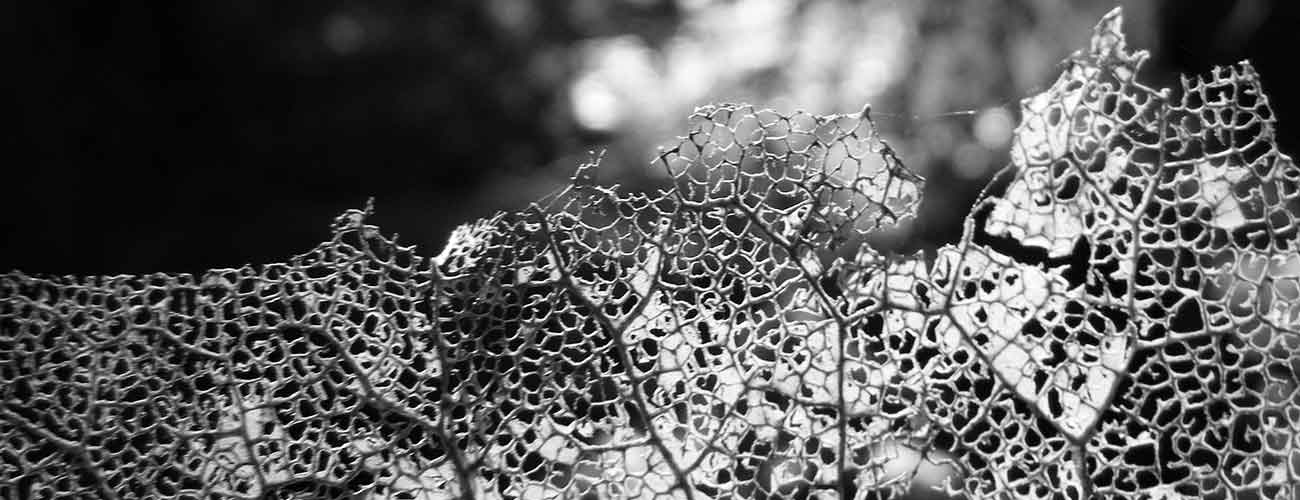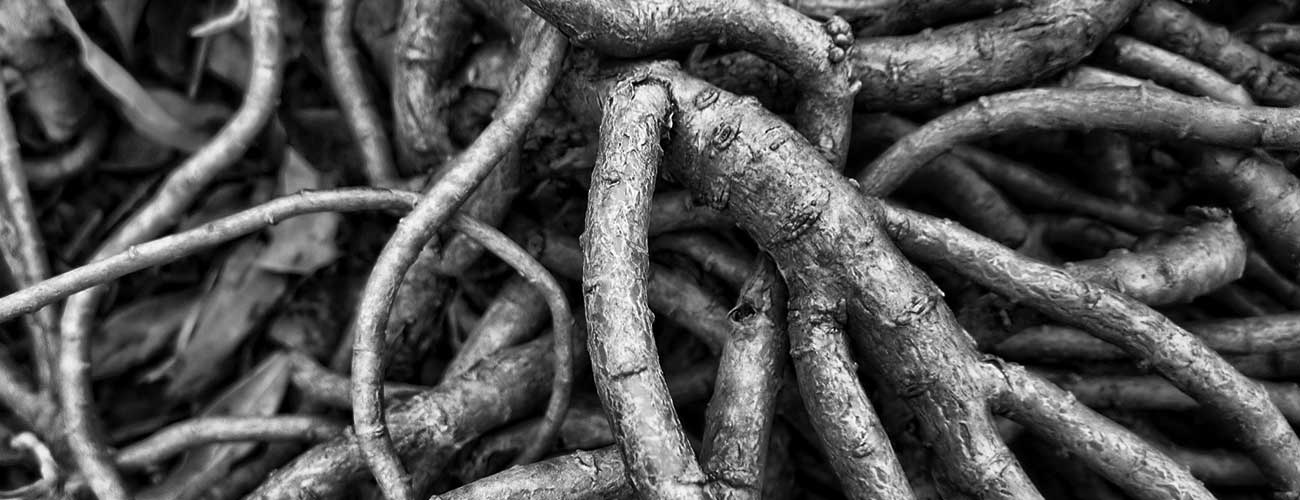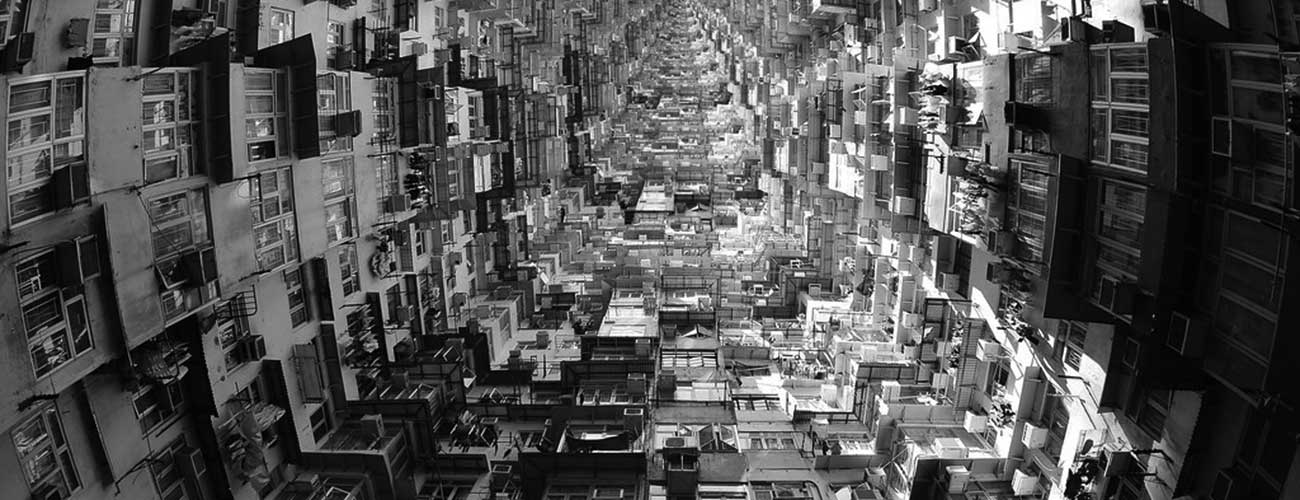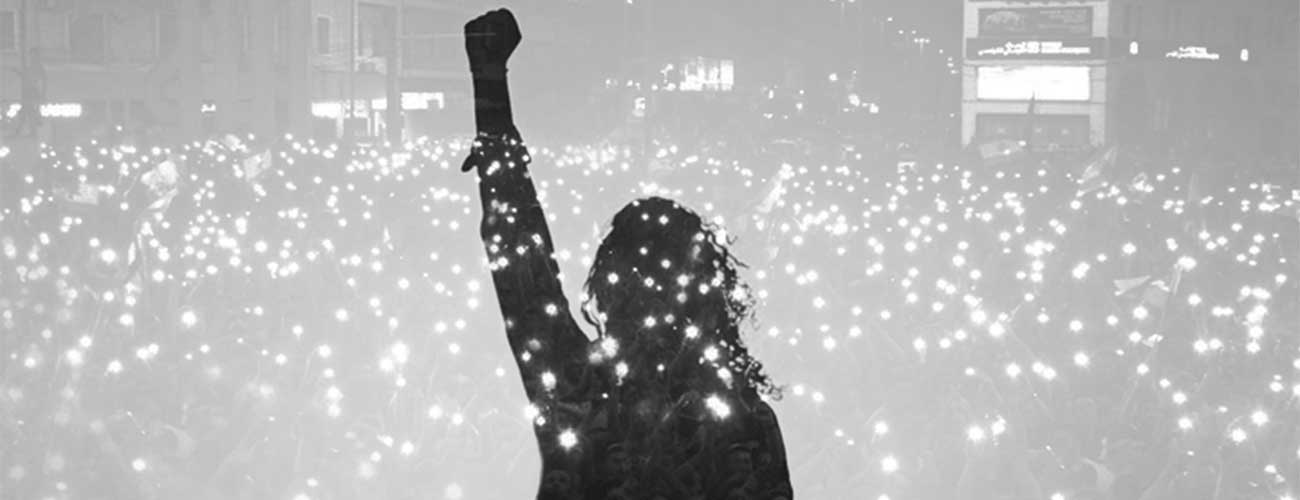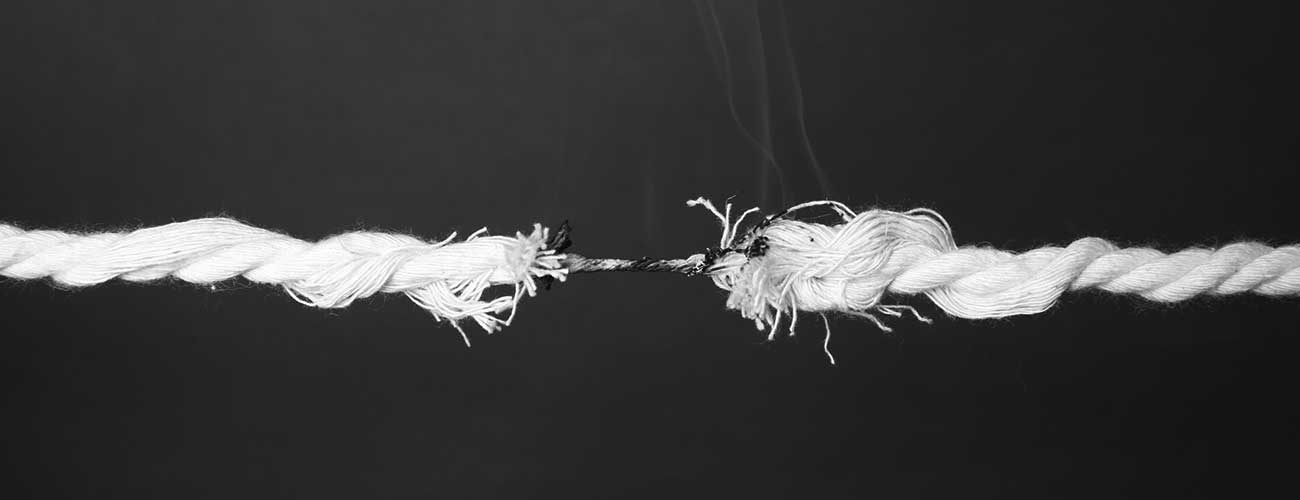Publications
The Magazine
Since our inception, we’ve endeavored to publish work that speaks to topics both timely and timeless, in a variety of genres and forms — prose, poetry, visual art, hybrid works, and interdisciplinary experiments. Check out our issues below and get to know these incredibly urgent and necessary voices.
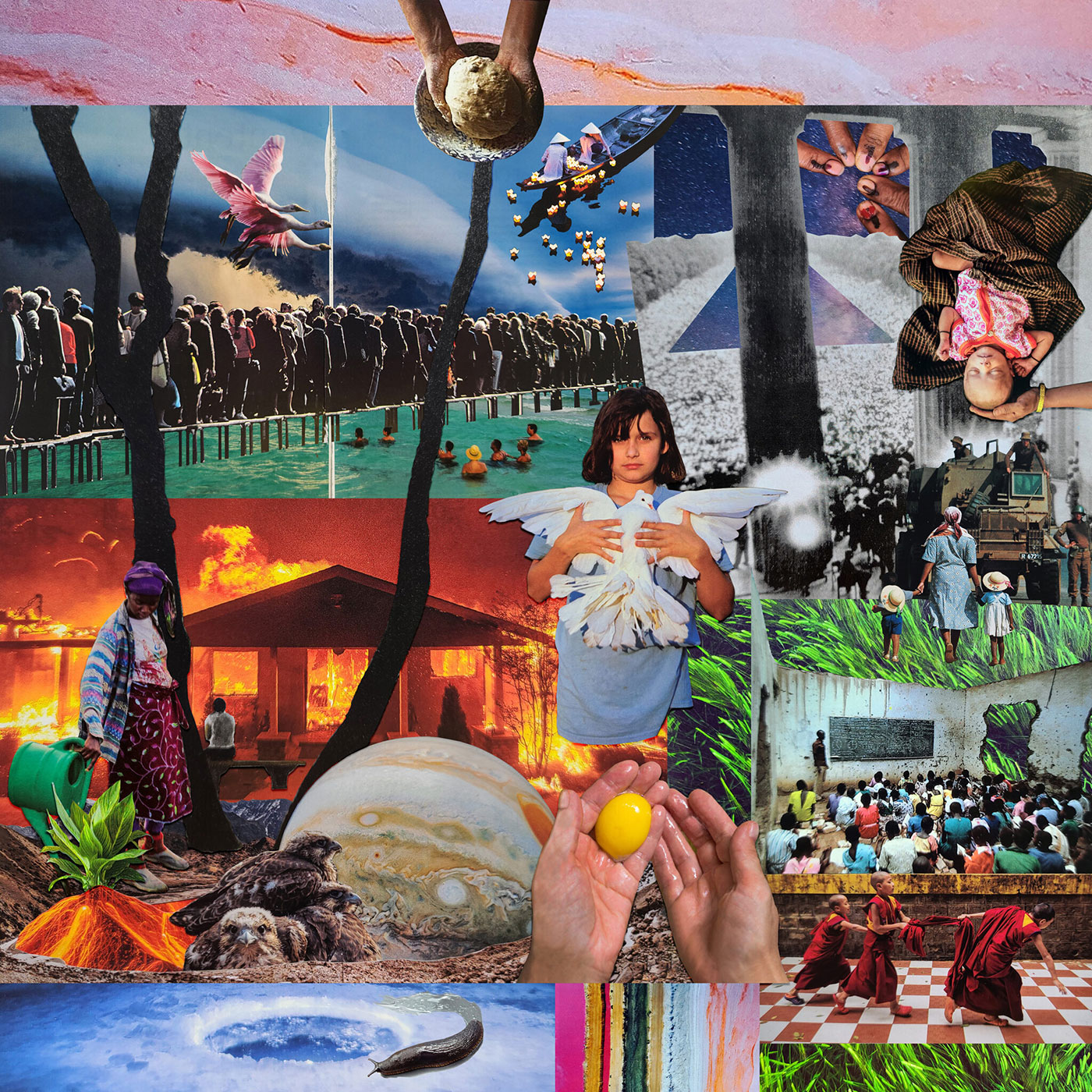
The Magazine
Our issues explore topics that encapsulate the most pressing social issues of our times.
For each issue, our contributors respond to a call for submissions that was carefully crafted by a handful of our community members: past contributors, current team members, and the occasional guest curator.
-
Issue 18
•
•Latest IssueRadical Futurity
Read the issue: Radical FuturityHow do we enact the kind of expansive futuring that can chart a path to an otherwise world?
-
Issue 17
•
The Cost of Waiting
Read the issue: The Cost of WaitingWhat are we even waiting for, and where is the line between resting, recuperating, giving up, and irresponsible avoidance?
-
Issue 16
•
Proximities
Read the issue: ProximitiesWhat are we as humans surrounded by — do we choose to surround ourselves with — and how do we situate ourselves within language?
-
Issue 15
•
Root Systems
Read the issue: Root SystemsHow do we get back to the root of things — how can we pull up the weeds in our work to make space for new growth?
-
Issue 14
•
Economies of Harm
Read the issue: Economies of HarmWhat hard truths do you need to examine about our current systems so you can see yourself more expansively in your own honesty?
-
Issue 13
•
Rebellious Joy
Read the issue: Rebellious JoyHow do we claim the kind of joy that creates a rupture for passage through all the horror and despair?
-
Issue 12
•
Before After
Read the issue: Before AfterTo deconstruct something is not to destroy it, but to understand how it was built, part by part; what can our new narratives teach us about the reality that’s been there all along?
Process
We champion the person behind the piece, and the unique perspectives they bring to the page.
Our approach is relational, built upon mutual trust and open lines of communication that push back against the oft-transactional nature of publishing. We are eager to champion new and underrepresented voices, and what we prize above all else is curiosity and an appetite for collaboration. Each contributor works closely with two editors over a three-month period to get their piece to a point of publication. There are also points of connection with others being published in the same issue, as well as opportunities to be in continued community post-publication.
Publications
“Seventh Wave’s approach to publication is truly radical in the best of ways.”
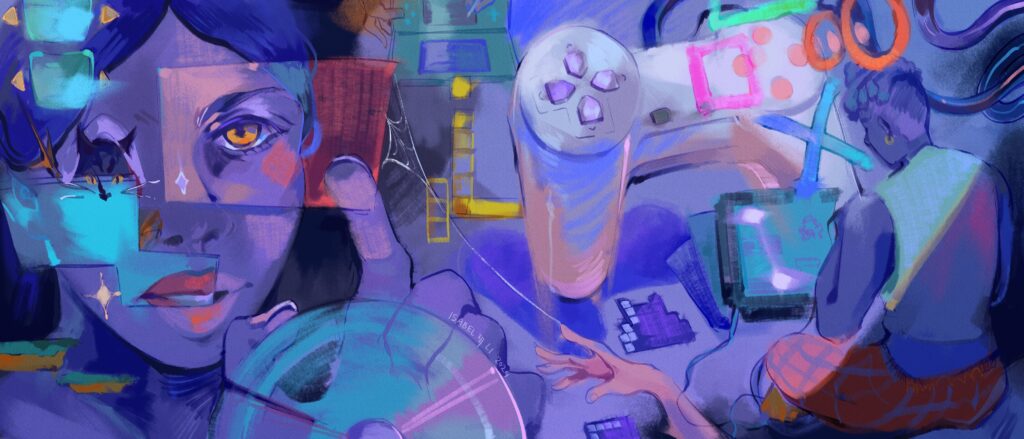
We give our editorial keys to curators in the community to publish their own anthologies on our platforms.
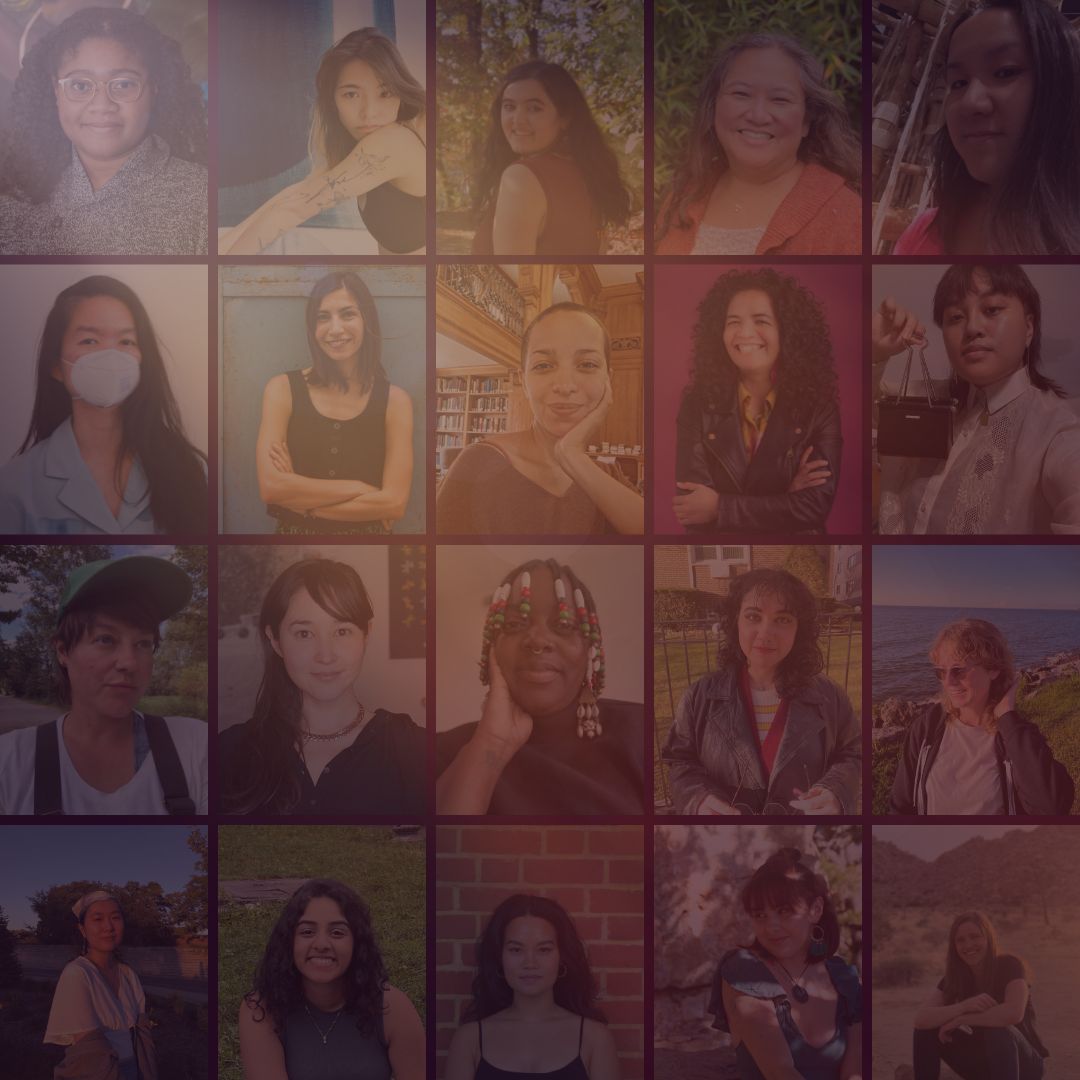
Our Spotlights share a glimpse into different makers’ processes and inspirations.
“There is a different feeling to being published as part of a cohort, all writing toward the same theme.
Whatever that feeling is — community, care, solidarity, grace — Seventh Wave, in its gestures, is holding this space, a space where our words can not only sit side by side but as part of a shared vision.”
— David Naimon, 2023 “On Rivers” Community Anthology contributor
